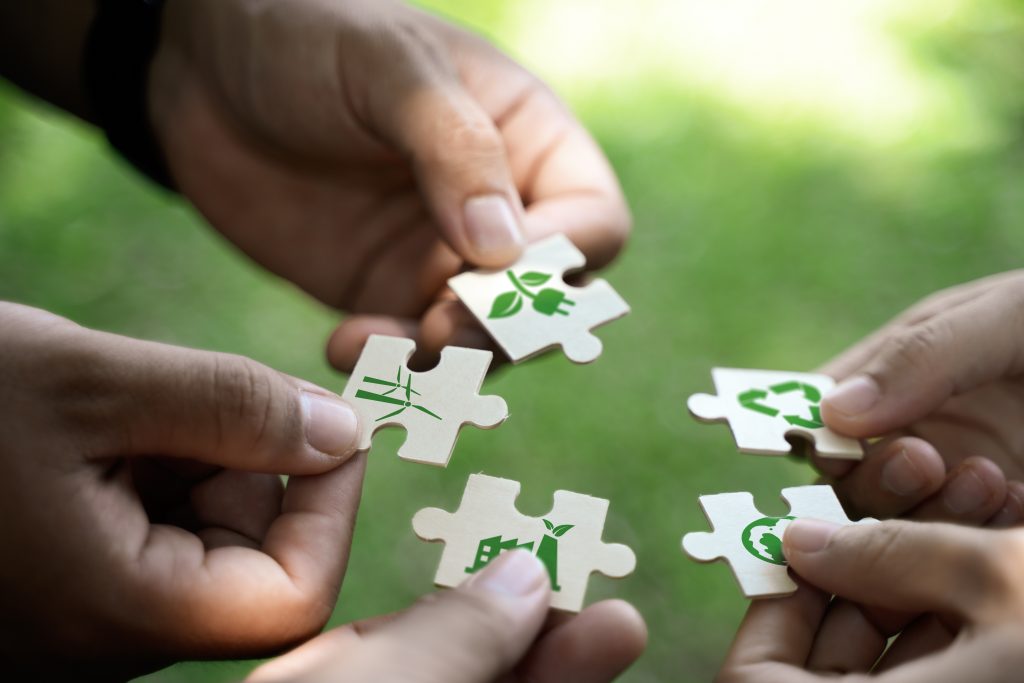Company/organization and country: Moll Marzipan GmbH, Germany
Type of project: Business implementation
SDG(s) relevant to the project: 13
Topic(s): Energy efficiency, net zero and scope 3 emissions
Product(s): Almonds, cashews, hazelnuts, macadamias, pecans, pistachios, walnuts
Project end date and duration: since 2012 —especially focused on energy efficiency and greenhouse gas emissions since 2021 (not limited –permanent process).
Abstract: Moll Marzipan, located in Berlin, Germany is one of the biggest producers of marzipan/persipan in the world. More or less 50% of our production is raw masses. The other 50% is ABC from all kind of nuts except peanuts. We have about 100 employees.
In 2012 we started our OPTIMOLL program. This program is a possibility for employees of direct participation in the company to achieve improvements on different subjects. Everybody in the company is allowed, but also requested, to make proposals for improvements. So, we can say, that we have now an implemented process which produces about 50-100 proposals per year. The most interesting point is, that it is directly coming from the root, from our employees. We would never be able to identify these sources of improvement without the engagement of our employees. Everything can be proposed, e.g., product quality improvements, cost reduction, improvement of efficiency, improvements on a special workplace but also safety aspects and —this speeded up since 2021 by our new sustainability policy— energy savings and resulting reduction of our greenhouse gas emissions.
In the following we would like to concentrate on proposals considering energy savings and CO2 reduction.
In 2022 we got 21 proposals concerning energy and greenhouse gas issues of which 17 have been realized and 4 have been proposed earlier or were judged to be unfeasible. Considering rising energy cost and restrictions in gas and energy-supply in Europe since April 2022, we had to find solutions for massive savings in our energy consumption automatically linked to a reduction of our carbon dioxide emission. So, this shows clearly, that economy and environmental issues can be linked to a “win-win” situation. Additionally, we give our staff a feeling of participation and pride in our company.
How does it work? We announced the new program, developed an easy form and started an advertisement campaign to support the new idea. We implemented the OPTIMOLL team to file, discuss and evaluate the proposals. The OPTIMOLL team members are the CEO, the CPO, a member of the controlling department and a member of the workers committee. Every member has one vote. If there is a 2:2 situation, the CEO has double vote, but this did not happen since the start of the program.
This process from presenting to finalizing should be between one week (simple proposals) and three weeks (more complicated and experts have to be taken in). After clarification we decide to realize it or not. More than 90% of the proposals are judged and valued positively, so that we immediately realize the change. Every proposal —even if it will be realized or not— will be discussed personally with the referring employee and the OPTIMOLL team. The outcome is a valuation of the proposal. The employee will receive a bonus of 50% of the saving of one full year. If the proposal is not being able to be linked with a direct financial benefit (e.g., safety), a standard bonus is paid.
Outcomes: As mentioned in the abstract we are able to realize about 90% of all proposals. Referring to all 2022 proposals (89) we got an annual saving of about 45K € per year in 2022 and we paid bonuses of about 21K €. A very attractive yield, because the saving will go on in the following years and every new proposal and improvement accumulates over the years.
Concerning proposals in energy saving and greenhouse gas reduction we had 21 proposals in 2022. 17 have been realized. The saving has been about 115 MWh (thereof 80 MWh electricity) and 35 MWh steam/heat. The financial effect has been about 26K €. Bonuses of 12K € have been paid to employees.
In 2022 we managed to reduce our energy consumption by about 1 GWh, which reflects 15% of our total consumption. Thereof 750 MWH steam/heat and about 250 MWh electricity.
Electricity is green electricity coming from wind, solar, water, etc., so a saving has considerable financial effects, but no effect on emission of greenhouse gases, because its already “0”for years. 750 MWh reduction of steam/heat results in a saving of greenhouse gas emission of about 212 tonnes.
The saving resulting from our OPTIMOLL program is about 10 tonnes CO2. As mentioned above, there is no reduction effect on electricity due to a supply with green electricity.
It might not seem to be a big effect, but we have to consider the following benefits:
- We receive cost reductions and improvements that management could never find out
- It is participation and motivation for the whole team
- Most of the proposals can be partly realized also at home to save private cost
- It is activating environmental thinking
- It is additional income for both parties —company and employee
We present this project to show, that it’s not always necessary to make big investments. Even to establish a system of participation and motivation leads to a sustainable development with low cost, but high effects.



